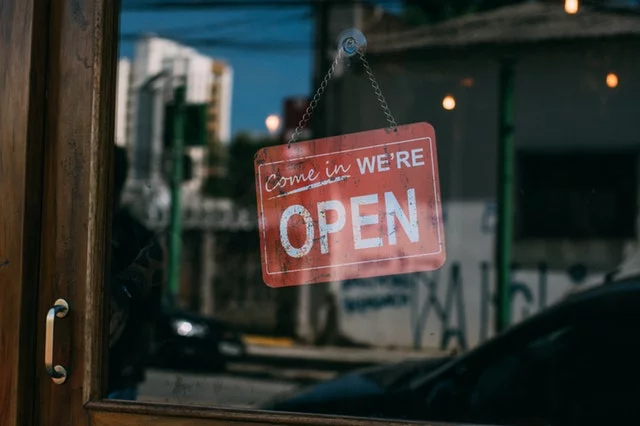Buying a business premises
Buying a business premises is similar to buying a house however, there are a few differences. First, you’ll need to undertake a thorough due diligence process, which includes things like:
- Inspecting the property to determine the suitability of your business needs (now and into the future);
- Making sure the premises is built and or modified with all of the correct planning and building permits;
- Checking neighboring businesses that may impact on your property or amenity (i.e. buying next to a heavy machinery manufacturer may not be ideal) and
- Checking the asking price in comparison to other buildings/premises and comparing the cost of a new build.
If you need to obtain finance, allow long enough for your bank to settle; typically 60-90 days. You will also likely need a much larger deposit than a home purchase; anywhere from 25-50%.
We’ve helped many business owners navigate their business premises purchase, so have listed a few advantages and disadvantages to consider.
Advantages
There are a number of advantages in buying a premise rather than leasing one:
- You are paying rent to yourself or a related entity. This is growing your wealth and not your landlords.
- You can enjoy the benefits of capital growth and the security of tenure.
- You have no landlord, so you control how the property is developed.
- You can claim depreciation of fixtures and fittings against your taxable income.
- You may be able to hold the building within your self-managed superannuation fund and use it as part of your retirement plan.
- You may be able to grow the business by borrowing against the property’s equity if needed in the future.
Disadvantages
While there is a great deal of freedom in owning your business premises, the disadvantages include:
- The premises fit-out and set-up costs are usually higher than leasing premises.
- Your ability to borrow money is subject to your initial equity or deposit and can be impacted by changes in interest rates.
- Not having a landlord means you take full responsibility for expenses, including rates and repairs.
- Banks usually want a personal guarantee which may put assets at risk – such as the family home. Landlords normally have similar requirements for the lease you may have in place.
- If you have to upsize or downsize, relocating or selling the property may be slower than with a house.
Let’s Talk
With over 15-years in business and proud owners of our own business property, we can help you navigate the challenges in buying your own business premises. Send us an email below and we’ll help get you off on the right foot.





